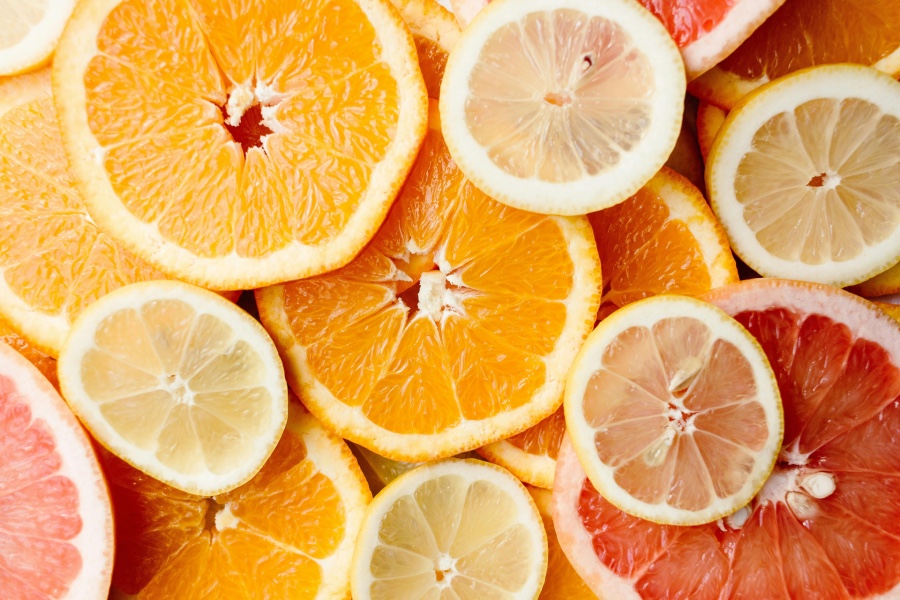Hypothalamic amenorrhea (missing periods) is far too often missed, misdiagnosed, or misunderstood in athletic and medical communities alike. Athletes may receive prescriptions for oral contraceptive pills or hear that their absent menstrual cycles are no reason for concern, but, when it comes to hypothalamic amenorrhea, neither one of these solutions bodes well for long-term health and well-being. Today’s post explains why.
Our guest blogger, Nicola Sykes, PhD, wrote No Period. Now What? with co-authors Stephanie Buckler and Lisa Sanfilippo Waddell to help educate people about what’s really happening when a period goes missing. Her passionate activism and research guide countless women in regaining their fertility, breaking free from diet culture, healing broken body image, and moving toward authentic, sustainable health. Thank you to Nicola for generously sharing her wisdom and expertise!
Many of us spend significant time and energy pursuing the ideal of “health.” Our culture tells us this means “watching what we eat” and exercising regularly. So we take it to heart. We exercise a lot, often every day. We push our bodies, forcing our hearts to work harder and harder because that is the path to health…right? And then the less we eat, the more careful we are about “eating clean” or avoiding carbs or eating high protein, the better we feel about ourselves. We avoid sweets and treats and insert-the-most-recently-vilified-food-item-here. We praise and admire those who eat “perfectly” and feel guilty when we deviate from our self-defined, self-imposed food rules. We also often confuse health with aesthetics, assuming that the smaller our body, the healthier we are.
But this is not necessarily the case.
Excessive and compulsive exercise, for example, can lead to stress fractures, joint and other soft tissue damage, and longer healing time for injuries – particularly when combined with caloric restriction. Not eating enough shuts down metabolism. An undernourished body stops burning energy to keep you warm and doesn’t expend calories for hair or nail growth. The immune system probably isn’t getting enough fuel, libido and lubrication disappear, digestion suffers, and insomnia develops. You are emotionally fragile, spending a lot of mental energy on what to eat or not to eat…and, if you’re someone with a uterus, you might also lose your period.
When a period goes missing in this way (or maybe has never shown up in the first place!), it’s called hypothalamic amenorrhea. You might also know about it as one of the symptoms in Relative Energy Deficiency in Sport, which describes the impacts of underfueling (and overexercising) on all the different body systems.
What happens is the hypothalamus, a key control center in the brain, assesses energy input and output, combined with physical and mental stress levels, and determines where to spend the energy it has. An easy system to shut down to conserve energy (particularly to prevent an energetically expensive pregnancy!) is the reproductive system – no more periods! With the loss of a menstrual cycle comes spending less energy building bone density as well as losing the protective effects of estrogen and progesterone for bone, heart, and brain health. And there are many other side effects as well – for example, more frequent urination because of a bladder lining that is thin due to lack of estrogen.
Is all this really healthy? You’ll probably agree with me that it’s not…unless you only look at the outside: “perfect” eating and exercise. But the long-term impacts of this so-called perfection can be early osteoporosis, heart disease, and dementia. Maybe you don’t care in your twenties and thirties, but I promise that if you find out your bones are fragile and weak when you are older, you will want to kick yourself for prioritizing appearance over true health. So don’t do it. Don’t buy into the Instagram fads, the YouTube fitness gurus, or the barrage of clean eating and diets and cleanses you see on social media.
Eat in a way that nourishes body, mind, and soul. Exercise (after recovering your period) for health and enjoyment, not for body sculpting. Make sure that you are fueling that exercise – before, during, and after. Embrace and appreciate your body as it is today. You and your health are worth it.
Hungry for more learning? Check out my Definitive Guide to Hypothalamic Amenorrhea (HA)!
– Nicola Sykes, October 2017, revised November 2024
No Period. Now What? is the most helpful and comprehensive book we have found on hypothalamic amenorrhea. The Center for Active Women is grateful for Nicola’s courageous and important work in sounding the alarm on this silent pandemic.


Leave a Reply